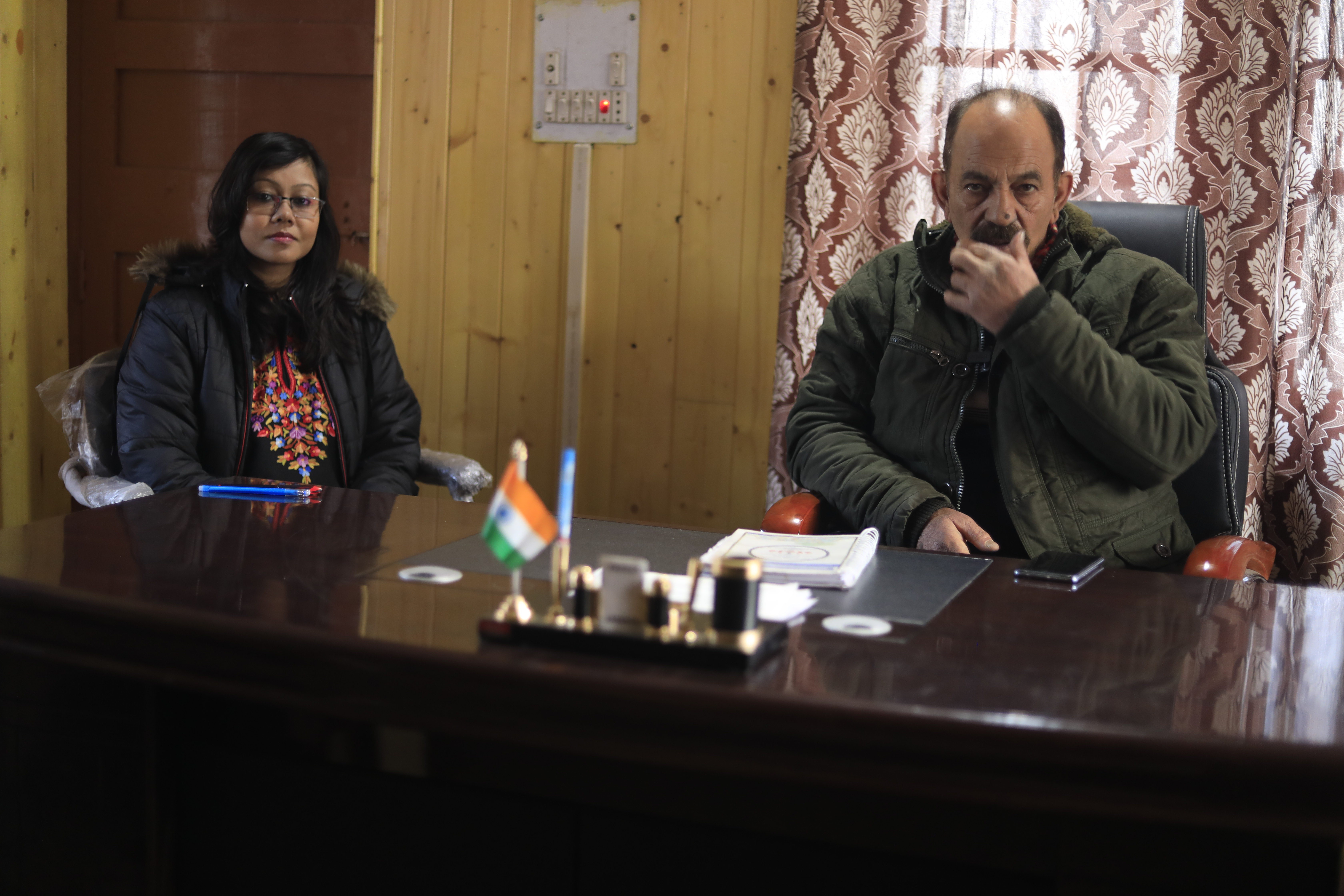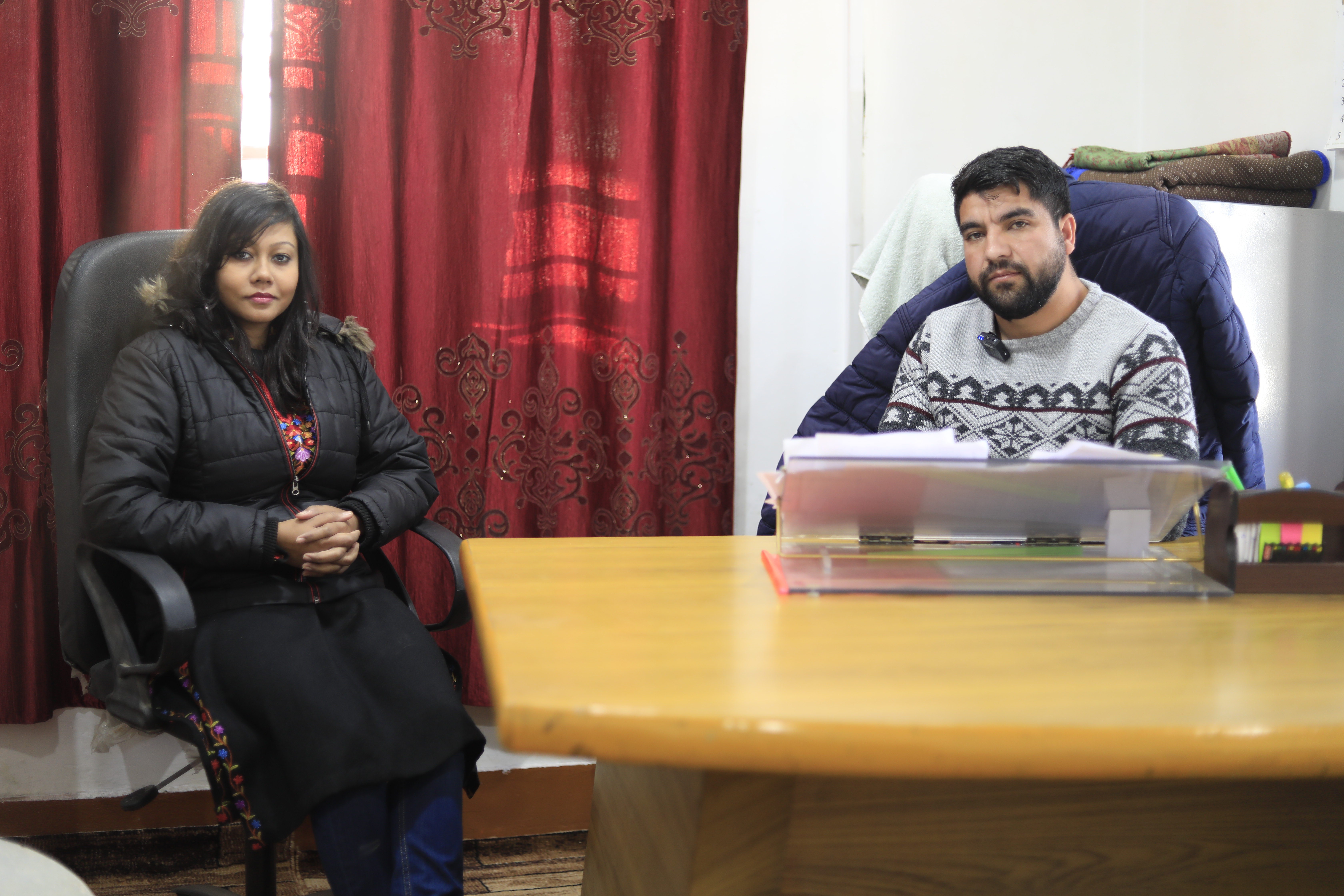Course Design and Delivery on Religion, Conflict and Trauma in Journalism: The Social Inclusion Project
The Social Inclusion Project was developed as a website showcasing the work of 15 young
changemakers trained over two months in Religion, Conflict, and Trauma-Sensitive
Journalism. The training featured experts specializing in conflict reporting, mass violence, and
trauma-sensitive journalism who used real-life case studies to illustrate the practical application
of these concepts. This approach helped participants understand the psycho-emotional impact
of media coverage on sensitive issues such as conflicts, riots, and episodes of violence.
The curriculum emphasized the importance of comprehending religious identity and its role in
inter-group and intra-group dynamics that influence social behaviour and the potential for
violence.
The 15 participants were divided into five groups, each receiving a small reporting grant to cover a story related to social inclusion. These stories highlighted diverse contexts, including Jammu and Kashmir, a religious minority community in Uttar Pradesh, the tribal heartland of Jhargram, and the LGBTQ community. The stories were hosted on the project website for three years before the project concluded with the end of the grant cycle.
I designed and implemented the entire project—including the course curriculum and the
website concept—with funding from the European Union’s Global Exchange on Religion in
Society (GERIS) micro-grant. This initiative was part of the GERIS Fellowship Program,
which selected 150 civil society actors globally to advance advocacy using new media tools
around religious identity, inclusive policies, and freedom of belief.
As a Fellow in the “Reconciliation and Transitional Justice” group, I joined a European Union-
sponsored delegation to Jakarta and Yogyakarta, Indonesia. There, our team engaged with local
journalists, activists, media houses, and social groups to explore how religious identity is
represented in public narratives, while learning about Indonesia’s religious diversity and
history. The Social Inclusion Project and the course titled ‘Religion, Conflict and Trauma-
Sensitive Journalism’ was born out of my observed need after participating in the delegation
and learning more about public media narratives and their impact on victimized and
marginalized communities who have been exposed to direct violence.

